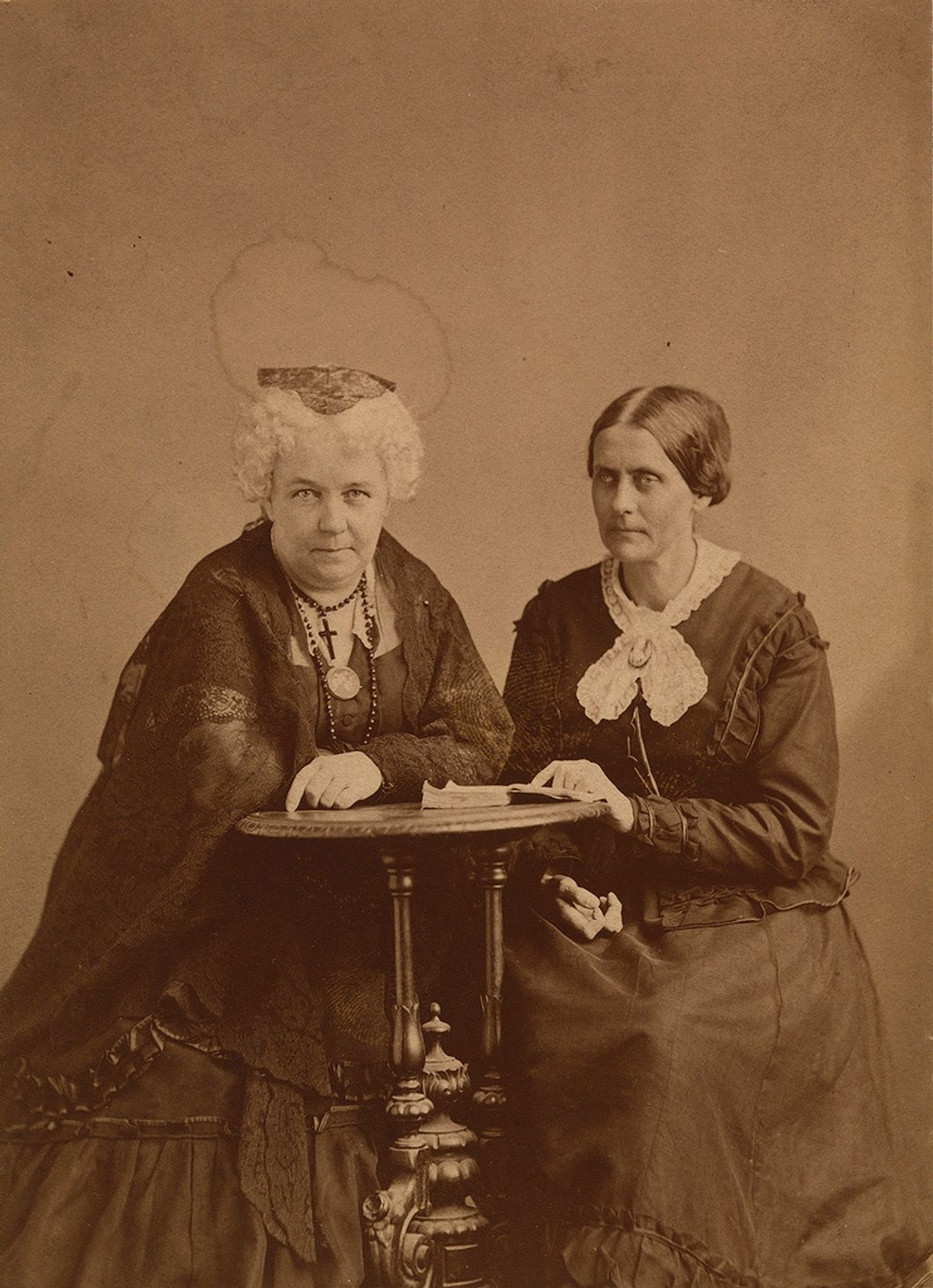After the 2018 midterm elections, women rushed to place their 'I Voted' stickers on the grave of Susan B. Anthony, one of the most prominent figures in the women's suffrage movement. It was seemingly an act of solidarity, respect, and appreciation of the hard work done by Anthony and many others in the name of women's equality.
For most people, this symbolic gesture is nothing more than a celebration of women's rights and the progress we have made in terms of political, social, and economic equality.
What people fail to see, due to ignorance or lack of awareness on the subject, is that the history they are celebrating is a history propelled by racist, exclusionary, and privileged motivations. The universal story of feminism is one that leaves a majority of women out of the picture.
While I appreciate the sentiment behind the sticker gesture, it perpetuates the progress narrative of feminism, which stems from the traditional feminist canon. The progress narrative paints feminism as an ever-improving and -diversifying movement, but it ignores the reality that problems of the past are far from gone.
Feminism, as it has historically been taught and recorded, is painted as for and by the white heterosexual cisgendered woman. The pivotal moments and players that we have defined in feminist history are always within the bounds of the "norm". This focus on the achievements and efforts of those with privilege erases the oppression and exclusion of everyone else.
Susan B Anthony, while certainly being an important figurehead in the movement for white women's voting rights, used arguments grounded in racism and exclusion (Curious?). Like many of her contemporaries, Anthony was fighting for women to be seen as equal citizens - that is, if you defined a woman as white and privileged.
These suffragettes fought for the white woman to be equal to the white man. We see the same mentality in modern-day voters, where white women continue to support candidates who endanger or disregard the liberties of WOC specifically, but also disabled women, transfolk, and everyone else who doesn't fit into the historical feminist norm.
The exclusionary and discriminatory historical groundwork of feminism carries through to modern times, where it enables the continued dismissal of the "other". Movements to diversify or expand feminism are problematic in their own right, in how they classify and define people outside of the norm, and how they make room for them as secondary to the problems of the privileged.
Basically, college courses have me all politically riled up and aware of just how misleading history and academia can be when it comes to matters of progress and freedom. Susan was cool, but don't forget that the policies and movements she campaigned for continue to exclude any woman who falls outside of the privileged norm, and denies them the freedoms that many of us take for granted.









































